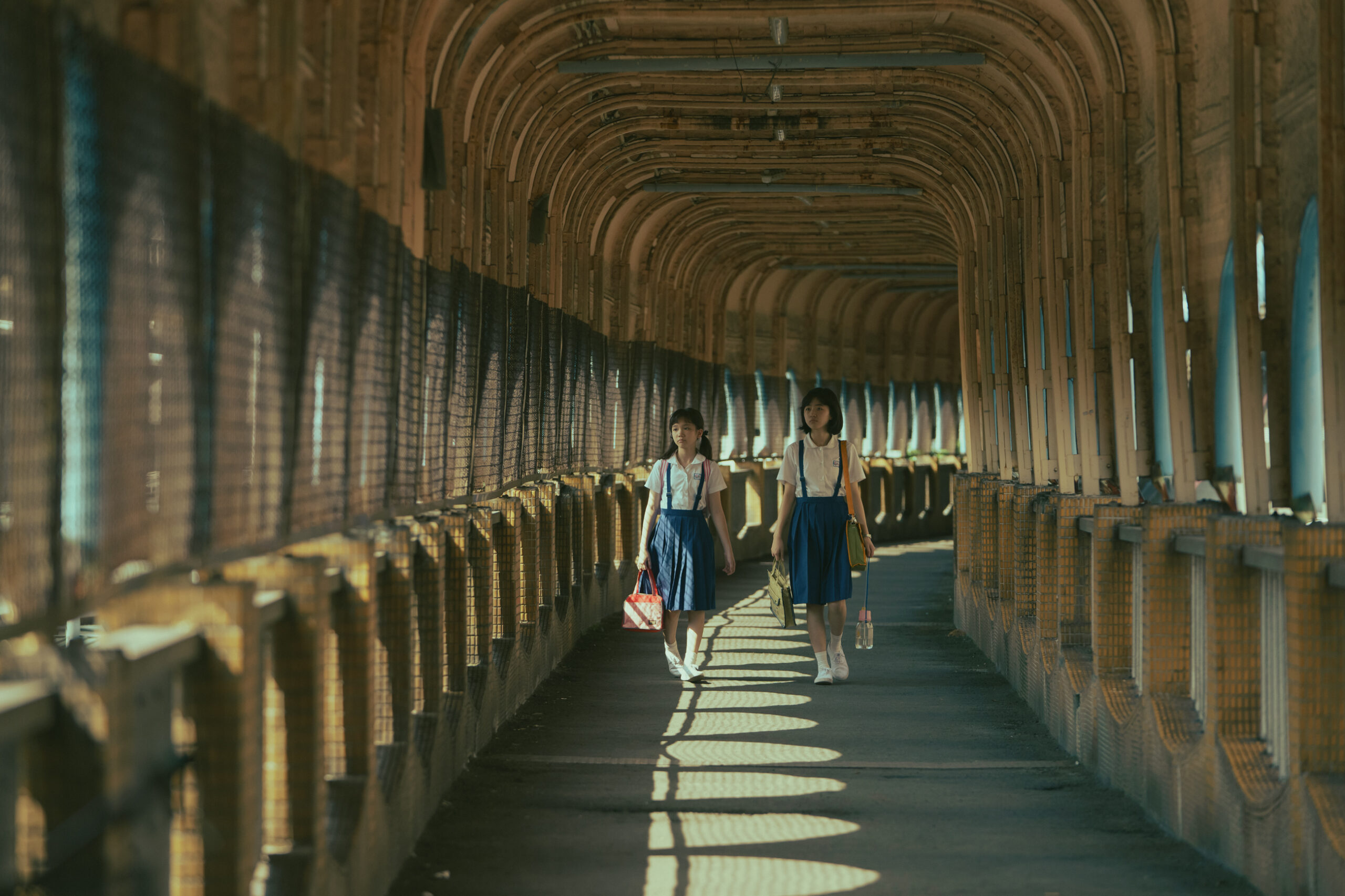Where Lions Roar and Cubs Prowl: SGIFF Hits 36
.
VERDICT: A-list Asian stars, international festival hits, local trailblazers and restored classics converge at the latest edition of the Singapore International Film Festival.
To understand what makes the Singapore International Film Festival (SGIFF) click, look no further than the curtain-raiser for its latest edition.
A competition entry at Venice and an award-winner in Busan, Girl boasts of all the credentials that would appeal to Singaporean cinephiles. More casual film-goers, meanwhile, will be drawn in by the presence of its director Shu Qi, who will follow up her appearance at the festival’s opening ceremony on November 26 with an on-stage conversation with Singaporean actor Rebecca Lim the following day.
Shu Qi’s transformation from bona fide film star to aspiring auteur, through an acting career spanning across two decades and a wildly diverse stylistic spectrum, also chimes with the SGIFF’s diverse programme – with its 121-film line-up ranging from crowd-pleasing festival hits from A-list directors to experimental shorts from first-time filmmakers. It’s a trajectory that echoes that of SGIFF Pro, the industry-oriented platform with conferences and pitching sessions designed for what the festival described as “the next wave of Asian trailblazers”.
Shu Qi will be joined at the festival by Tony Leung Chiu-wai, who be in town to talk about his career and his role in Hungarian cineaste Ildikó Enyedi’s Germany-set Silent Friend. India-born Canadian filmmaker Deepa Mehta, who will be bestowed with the SGIFF Cinema Honorary Award, will talk about her work and specifically her Elements Trilogy (Fire, Earth, Water), which will be shown at the festival alongside the more recent Funny Boy (2020).
Another honorary award winner, the Oscar-winning Korean actress Youn Yuh-jung (Minari), will also feature in a masterclass. Singapore will be represented by local boy-done-good Chin Han (The Dark Knight, Avatar: The Last Airbender), who will take the stage to talk about a career which has transcended boundaries in both geography and genre.
Beyond the stars, the focus of the festival actually lies with its Silver Screen Awards. Inaugurated at its fourth edition in 1991 as a showcase of new Asian cinema, with two prizes going to Best Asian Film and Best Singaporean Short Film of the year, the format of the competition has been changed and expanded several times since then.
This year, ten films will be competing for the top-tier Asian Feature Film awards, with some of them arriving in Singapore with prizes and critical acclaim in their wake – Sho Miyake’s Locarno winner Two Seasons, Two Strangers and Nawapol Thamrongrattanarit’s Venice awardee Human Resource, for example, or Ratchapoom Boonbunchachoke’s Cannes Critics’ Week entry A Useful Ghost and Tribeny Rai’s Busan-San Sebastian nominee Shape of Momo.
Los Angeles-based filmmaker Tan Siyou will be batting for the home team with coming-of-age drama Amoeba, an audacious attack on Singaporean social mores and a title which has been gaining momentum on the festival circuit after its world premiere in Toronto in September. Away from the competition, another Singaporean festival hit making a triumphant homecoming comes in the shape of Michael Kam’s The Old Man and His Car, which bowed in Tokyo’s Asian Futures programme last month.
The film features a powerful turn from veteran actor Lim Kay Tong, a Singaporean national treasure whose career ranges from local theatre and a U.S. TV series (Noble House) to an odd foray into Indian arthouse cinema (The Photograph). The Old Man and His Car opens the Singapore Panorama section alongside three other world-premiere titles (the documentaries At Home With Work and Coda, plus the slapstick comedy Sandbox) and should certainly inspire young filmmakers about the rewards of persistence. An alumni of the Berlinale Talents programme, Kam has spent the past two decades making prize-winning short films (and teaching at his alma mater Ngee Ann Polytechnic) before finally getting this first feature off the ground.
Shorts form one of the crucial cornerstones for SGIFF as well. Twenty-five titles will be competing in the Southeast Asian Short Film Competition, with seven world premieres and six Singaporean entries.
SGIFF’s emphasis on the new runs in parallel with its revival of past gems. The Deepa Mehta mini-retrospective makes up part of Landmarks, a section spearheaded by Bye Bye Love, Isao Fujisawa’s subversive no-budget film maudit about a couple’s increasingly tragic and fatalist rampage through urban Japan in the 1970s. Among other recently restored titles bowing in the section this year are Sri Lankan cineaste Sumitra Peries’ The Girls, Lebanese filmmaker Jocelyne Saab’s The Razor’s Edge, Hong Kong auteur Tang Shu-shuen’s The Arch and Pedro Almodovar’s Matador.
And then there’s Dream of the Red Chamber, Chiu Kang-chien’s radical remake of the Chinese literary classic. Relocating the novel to 1970’s Singapore – with its original title being “Dream of the Red Chamber à la mode” – the Taiwanese screenwriter-filmmaker’s work is a snapshot of the city-state’s stratified social structures during its days as a teething economic powerhouse, with its young characters facing the very 20th century dilemmas of social mobility and migration.
More importantly, it also documents the state of Singaporean cinema of the time, a production markedly different from the Chinese-language or Bollywood-tinged studio offerings of the day. The presence of this film is also testament to SGIFF’s very own mission and curatorial strategies, with its combination of star-powered events, industry-oriented ateliers, audience-friendly selections (in the shape of the panoramic Horizons and genre-heavy Foreground strands), as well as the more edgy social-critique content in Standpoint and the experimental Undercurrrent.

